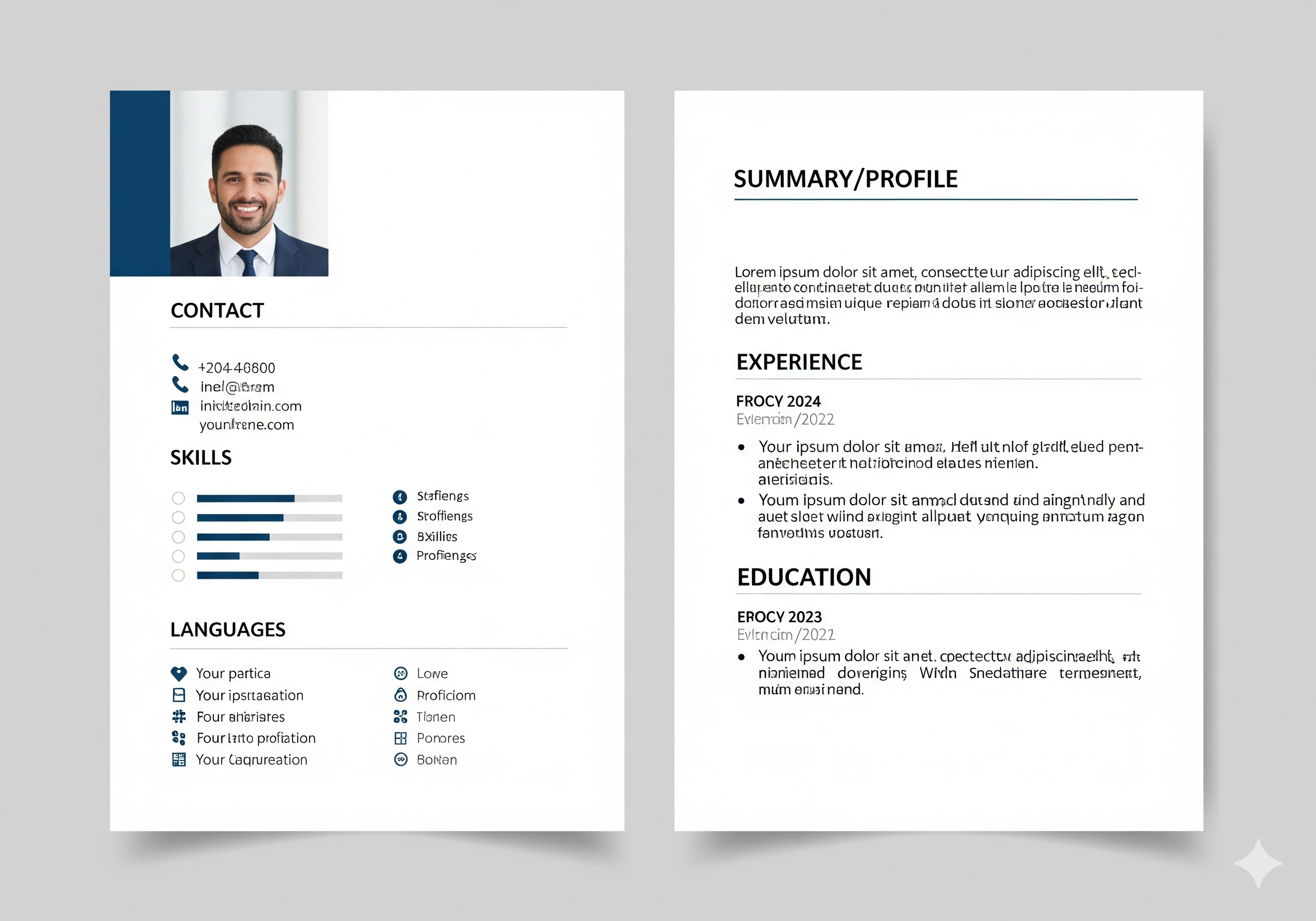Understanding the differences between a resume, curriculum vitae (CV), and biodata can be important when preparing to apply for jobs or opportunities. Here’s a breakdown of each:
- Resume:
- Purpose: A resume is a concise summary of your skills, qualifications, work experience, and achievements. It is tailored for specific job applications and is typically used in the United States and Canada.
- Length: Resumes are usually limited to 1-2 pages, focusing on the most relevant information for the job you are applying for.
- Content: Includes sections such as contact information, professional summary or objective, work experience, skills, education, and sometimes additional sections like certifications or volunteer work.
- Flexibility: Resumes can be easily customized and updated to highlight specific qualifications for different job applications.
- Curriculum Vitae (CV):
- Purpose: A CV is a comprehensive document that provides an in-depth overview of your academic background, research, teaching experience, publications, presentations, and awards.
- Length: CVs tend to be longer than resumes and can range from 2 pages to several pages, depending on the depth of your professional experience and accomplishments.
- Content: Includes sections such as education, research experience, publications, presentations, grants, awards, affiliations, and sometimes a brief summary of teaching experience.
- Usage: Commonly used in academic, scientific, or research fields, as well as in international contexts outside of North America.
- Biodata:
- Purpose: Biodata is a term used more commonly in India and some other Asian countries to refer to a document providing personal details and information about an individual.
- Content: Biodata typically includes personal details such as name, age, gender, date of birth, religion, marital status, family background, educational background, work experience, and occasionally a photograph.
- Usage: Often used for marriage proposals, job applications, or other situations where a comprehensive personal profile is needed.
In summary, while resume and CV are more universal terms with specific purposes (job applications), biodata is a term more specific to certain regions (like India) and can include personal and professional information beyond what’s typically found in resumes or CVs. The choice of which to use depends on the context and expectations of the industry or region you are targeting.


